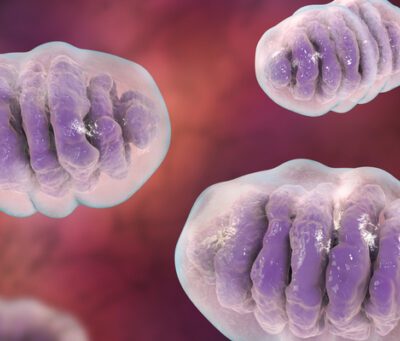Sleep deprivation leads to a disrupted information exchange in the brain, causing people to consume more high-energy foods. According to scientists, a better understanding of the endocannabinoid system could help develop new treatments for obesity. Researchers at Northwestern University have found that lack of sleep not only weakens the immune system and affects brain regeneration, but also leads to a preference for sweet and fatty foods, which can contribute to long-term weight gain. This is due to the increased release of endocannabinoids, which are brain messengers that affect eating behavior, hunger, and reactions to smells.
To investigate how endocannabinoids affect the eating behavior of sleep-deprived individuals, the researchers designed an experiment in which 29 participants aged 18 to 40 were divided into two groups. One group was allowed to sleep for a week, while the other group received only four hours of sleep. After a few weeks, the sleep times were switched between the two groups. Both groups were given identical breakfast, lunch, and dinner, and were allowed to freely choose from various snacks. The results showed that the reduced sleep led to an increased selection of high-energy foods such as chips, cookies, and donuts. Blood tests also showed that elevated endocannabinoid levels were responsible for this behavior.
Functional magnetic resonance imaging (fMRI) of the brain revealed that the region that processes information from the nose responds more strongly to food smells than to other smells during sleep deprivation. The study also showed that the connection between the piriform cortex and the insula is disrupted by sleep deprivation. The insula processes signals such as smell and taste, and controls food intake. The study suggests that sleep deprivation affects the endocannabinoid system of the nervous system, as the information exchange between the piriform cortex and the insula is disrupted. The researchers believe that a better understanding of the endocannabinoid system could lead to new treatments for obesity.
In conclusion, lack of sleep can lead to a preference for high-energy foods, which can contribute to long-term weight gain. The study highlights the importance of sleep for maintaining a healthy diet and suggests that avoiding tempting food smells after a short night’s sleep may be beneficial. The findings also suggest that a better understanding of the endocannabinoid system could lead to new treatments for obesity.










